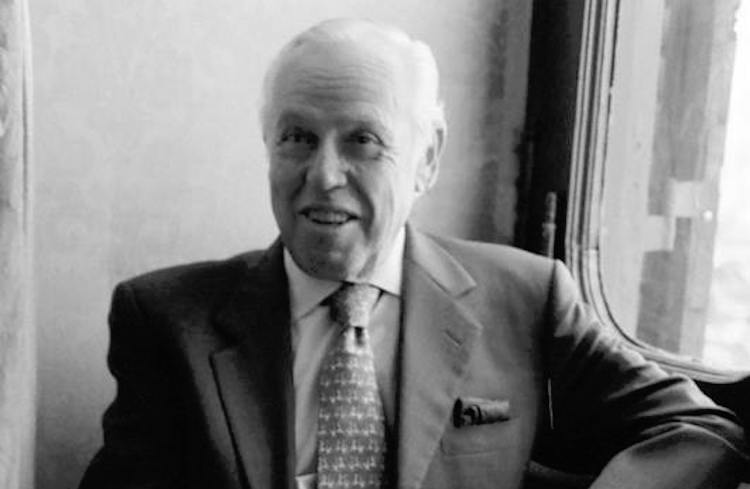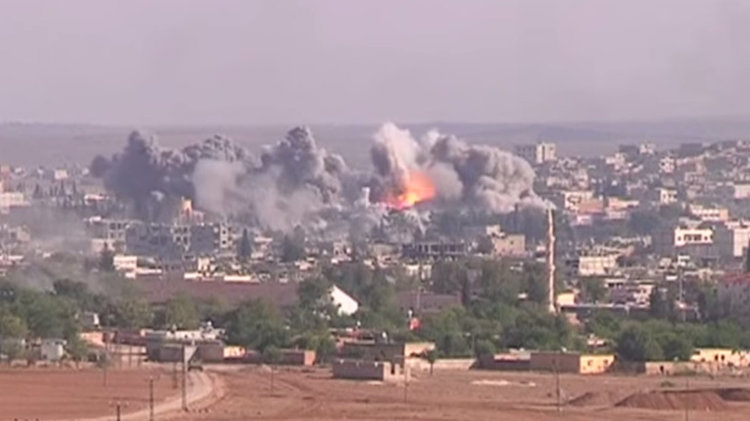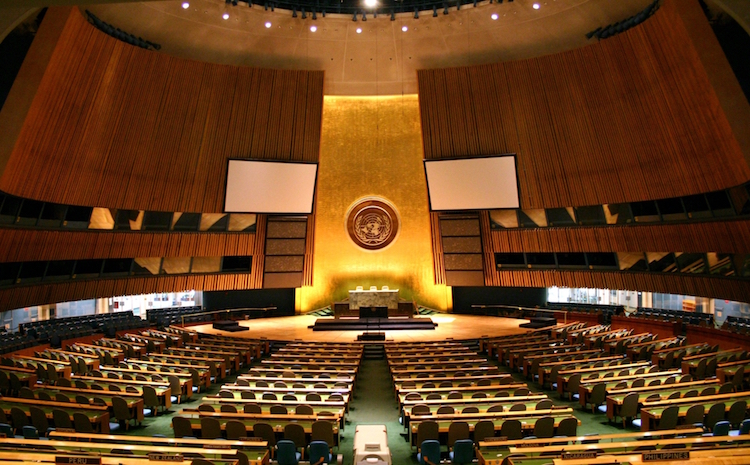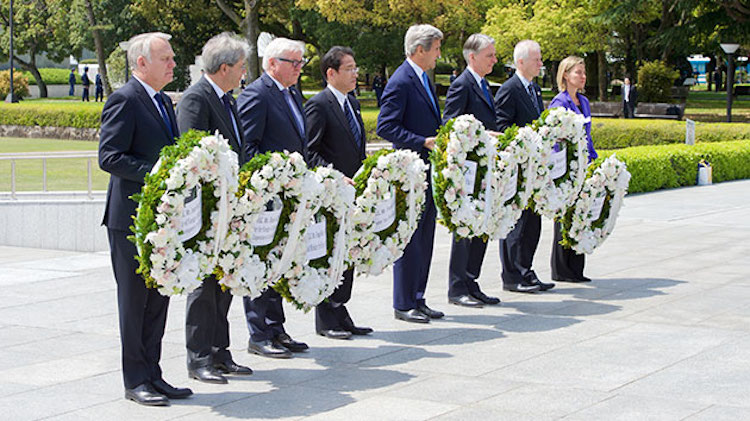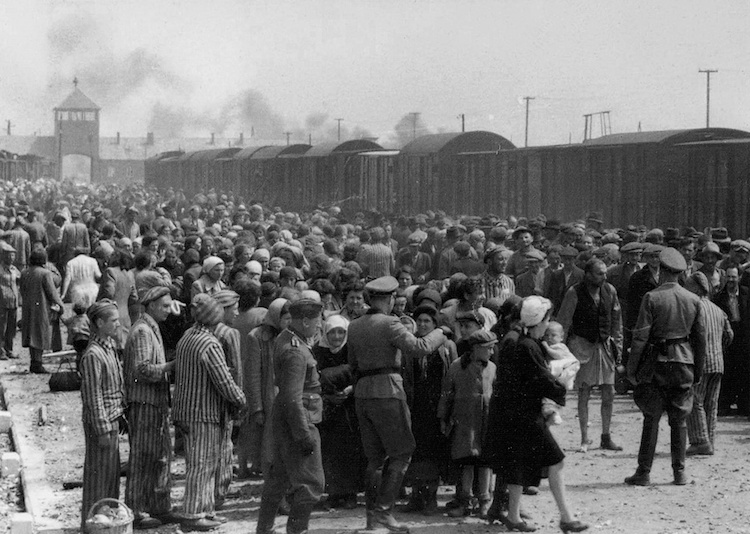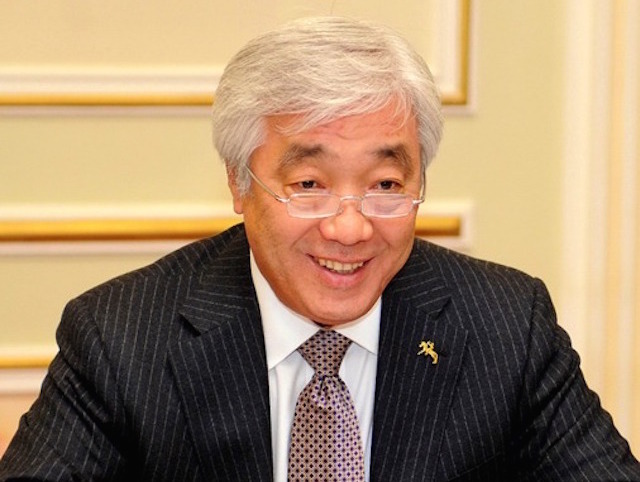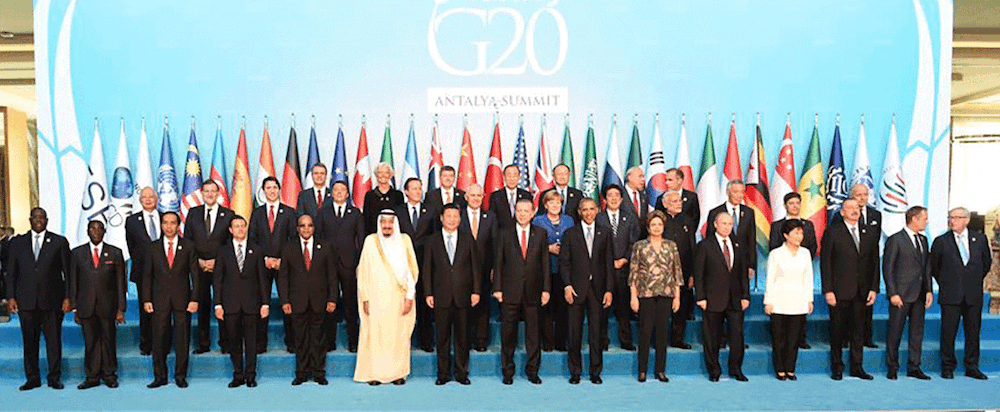Viewpoint by Roberto Savio*
ROME (IDN) – Polling specialists say that when voters do not feel comfortable in saying how they will really vote, it is because they are not comfortable at a rational level with how they will actually vote. In other words, voters act because of their guts, not because of their brains.
This is what happened when the exit polls after the June 23 British referendum on whether to remain part of or leave the European Union showed the ‘remain’ vote in a slight lead, only to be proved wrong overnight.
The Brexit referendum was really based on gut feelings. It was a campaign of fear. The ‘leave’ campaign was about a massive invasion of Great Britain by Turks because of the possible admission of Turkey to the EU (totally false) and that Great Britain was paying the EU 50 millions pounds a day (again false).

